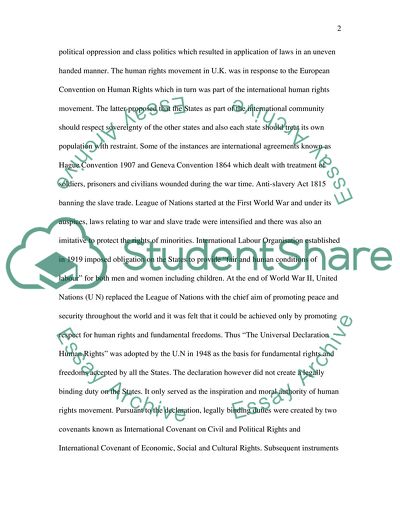Cite this document
(The History of the Human Rights Law in Great Britain under the Common Assignment, n.d.)
The History of the Human Rights Law in Great Britain under the Common Assignment. Retrieved from https://studentshare.org/law/1738048-public-law
The History of the Human Rights Law in Great Britain under the Common Assignment. Retrieved from https://studentshare.org/law/1738048-public-law
(The History of the Human Rights Law in Great Britain under the Common Assignment)
The History of the Human Rights Law in Great Britain under the Common Assignment. https://studentshare.org/law/1738048-public-law.
The History of the Human Rights Law in Great Britain under the Common Assignment. https://studentshare.org/law/1738048-public-law.
“The History of the Human Rights Law in Great Britain under the Common Assignment”, n.d. https://studentshare.org/law/1738048-public-law.


